AI in Digital Marketing: The Complete Guide for 2025
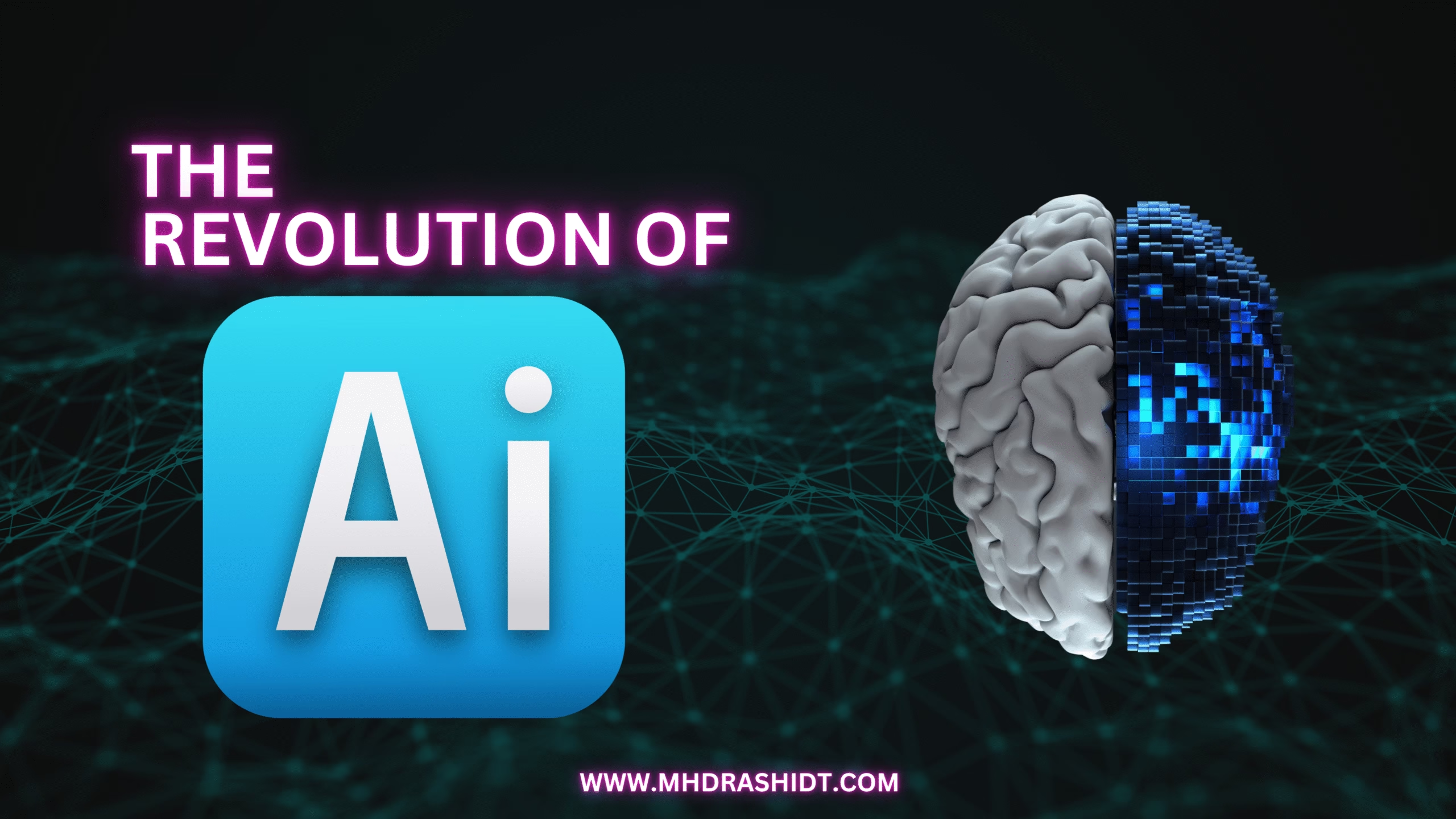
Revolution of AI
The rise of Artificial Intelligence has sparked a revolution in digital marketing, transforming how brands connect with their audiences in 2025. AI is no longer just a buzzword; it’s the engine driving smarter campaigns, deeper customer insights, and personalized experiences like never before.
At the heart of this revolution is AI’s ability to analyze massive amounts of data in real-time. Marketers no longer need to rely on guesswork. AI tools can predict customer behavior, suggest the best times to post on social media, and even craft email subject lines that increase open rates. With machine learning algorithms, campaigns are constantly optimized for better results.
Another game-changing innovation is AI-powered content creation. Platforms like ChatGPT and Jasper AI help businesses write blog posts, ad copy, and social media captions in minutes. Meanwhile, tools like Canva AI make it possible to design professional visuals without hiring a graphic designer. For small businesses and startups, this levels the playing field against larger competitors.
AI is also revolutionizing customer service through chatbots and virtual assistants. Customers now expect instant responses, and AI delivers with 24/7 support across websites and messaging apps.
This revolution isn’t just about automation—it’s about unlocking creativity and giving marketers the freedom to focus on strategy and storytelling.
As we move forward, the integration of AI with technologies like augmented reality (AR) and voice search will redefine digital marketing even further. Businesses that embrace this revolution today will be the ones leading their industries tomorrow.
AI In Digital Marketing Guide 2025: What You Need to Know
As 2025 unfolds, businesses are leveraging AI in digital marketing like never before to connect with customers, deliver value, and dominate their markets.
From smart content creation to advanced customer analytics, AI in digital marketing is empowering marketers to achieve results faster, cheaper, and more effectively than traditional methods ever could. If you’re not already embracing AI in digital marketing, now is the time to start.
This guide explores every aspect of AI’s role in the digital landscape for 2025, equipping you with insights and practical steps to succeed in this rapidly evolving environment.
AI Trends in Digital Marketing for 2025
AI-Powered Video Marketing
Video is still king, but AI takes it a step further. Tools like Synthesia and Pictory allow marketers to create professional-quality videos in minutes without hiring a production team. AI can generate scripts, voiceovers, and even virtual actors for explainer videos, ads, or product demos.
By analyzing viewer data, AI also determines the best length, tone, and placement for videos to maximize engagement and conversions.
AI and Augmented Reality (AR) in Customer Experience
AI combined with AR creates immersive shopping experiences. For example, beauty brands like L’Oréal let customers try on makeup virtually, and furniture companies like IKEA offer AR apps to visualize furniture in their homes.
In 2025, expect AI-driven AR to become more mainstream in marketing strategies, giving customers interactive and personalized product previews.
Dynamic Email Marketing Campaigns
AI doesn’t just automate emails—it makes them smarter. Instead of generic blasts, AI analyzes each recipient’s behavior to send highly personalized content at the perfect time.
Predictive AI tools like Seventh Sense and Optimail optimize subject lines, timing, and content to increase open rates and click-throughs.
Sentiment Analysis for Social Media
AI tools like Sprinklr and Brandwatch scan social media platforms to detect customer sentiment about your brand. By understanding how customers feel, you can tailor your campaigns, address complaints proactively, and build stronger brand loyalty.
AI-Powered Voice Assistants in Marketing
With the rise of smart speakers and voice search, optimizing for voice queries is crucial. AI helps you create conversational content that aligns with how people naturally ask questions.
In 2025, expect more brands to create voice-activated apps and experiences to engage users in new ways.
AI Tools for Digital Marketers in 2025
Starting with artificial intelligence in digital marketing can feel overwhelming, especially if you’re new to both marketing and AI. The good news? In 2025, there are dozens of beginner-friendly AI tools designed for people who don’t have a tech background. These tools simplify complex processes like content creation, SEO optimization, social media scheduling, and customer support—making them perfect for startups, freelancers, and small business owners.
Here’s a closer look at some of the best AI tools for digital marketing beginners that are easy to learn, budget-friendly, and powerful enough to make a big impact.
Canva AI – Design Made Effortless
Designing professional-looking graphics is often a challenge for beginners, but Canva AI solves this problem beautifully. With its intuitive drag-and-drop interface and AI-powered features, even non-designers can create stunning visuals for social media, blogs, ads, and emails.
Why it’s great for beginners:
- Pre-made templates for every platform (Instagram, Facebook, YouTube, etc.)
- Magic Design creates multiple versions of your visual in seconds.
- No design skills required—AI does the heavy lifting.
Example for Beginners: A boutique owner uses Canva AI to create an entire Instagram campaign in one afternoon, complete with product posts, stories, and video reels—all customized to match their brand colors.
ChatGPT – Your AI Marketing Assistant
For those struggling to write engaging captions, blog posts, or email responses, ChatGPT is like having a personal content assistant available 24/7. Simply type your request, and it generates human-like text instantly.
Why it’s great for beginners:
- No writing experience needed—just describe what you want.
- Helps brainstorm ideas for blog titles, ad copy, and hashtags.
- Can answer customer FAQs or draft professional replies.
Example for Beginners: A freelancer uses ChatGPT to draft their first LinkedIn post and writes a compelling email pitch to clients in minutes.
Mailchimp with AI Features – Simplified Email Marketing
Email marketing may seem intimidating, but tools like Mailchimp make it beginner-friendly. With AI integrations, Mailchimp helps you design emails, recommend send times, and even write subject lines that are more likely to get opened.
Why it’s great for beginners:
- Drag-and-drop email builder with AI design suggestions.
- Predictive analytics shows you the best time to send campaigns.
- Free plan available for small lists.
Example for Beginners: A fitness coach uses Mailchimp’s AI subject line optimizer to improve open rates on their weekly newsletter from 10% to 30%.
Step-by-Step: How to Integrate AI in Digital Marketing Strategy to Your Business
- Audit Your Current Strategy
Identify areas where AI can automate or enhance your marketing efforts.
- Choose the Right AI Tools
Start with budget-friendly platforms, then scale to more advanced solutions.
- Set Clear Goals
Define what success looks like—higher engagement, better ROI, or faster content creation.
- Test and Optimize Continuously
AI thrives on data. Run A/B tests and analyze results to fine-tune your campaigns.
- Train Your Team
Educate your staff on AI tools to ensure they’re used effectively.
The Future of AI in Digital Marketing Beyond 2025
As we move beyond 2025, the role of AI in digital marketing is set to become even more advanced and transformative. AI in digital marketing refers to the use of artificial intelligence technologies to automate, optimize, and personalize marketing strategies and customer interactions.
One of the major trends shaping AI in digital marketing is Hyper-Automation. Here, AI will manage entire marketing workflows — from generating content and designing campaigns to handling customer interactions and follow-ups. This level of AI in digital marketing ensures greater efficiency and frees up marketers to focus on strategic tasks.
Data analysis is being revolutionized by AI in digital marketing through AI-powered data visualization. Instead of sifting through endless spreadsheets, marketers will access real-time, AI-generated dashboards. This allows teams to make faster, smarter decisions—highlighting another efficiency benefit of AI in digital marketing.
One of the most innovative frontiers for AI in digital marketing is its integration with blockchain technology. This merger will empower marketers to store customer data securely and use it ethically for hyper-personalized experiences. With transparency and decentralization, AI in digital marketing becomes more trustworthy and customer-centric.
Brands that harness these emerging capabilities will gain a distinct competitive advantage. By leveraging advanced technologies, they’ll be more agile in adapting to market shifts, more effective in engaging customers, and more capable of nurturing long-term loyalty. Ultimately, the future of digital marketing isn’t just about upgrading tools — it’s about revolutionizing strategy to create deeper, data-driven connections that truly resonate with the modern consumer..
Conclusion: The Future of AI in Digital Marketing in 2025
AI in digital marketing is no longer the future—it’s the present. In 2025, artificial intelligence has transformed how businesses approach marketing by making it faster, smarter, and more customer-focused. From automating repetitive tasks to analyzing massive datasets and predicting customer behavior, AI is helping marketers create campaigns that are more effective and impactful than ever before.
What makes this revolution so exciting is how accessible AI has become. Tools like Canva AI, ChatGPT, and Jasper allow even beginners to design professional visuals, write compelling content, and personalize customer interactions without technical expertise. Businesses of all sizes—whether a solo entrepreneur or a global brand—can now harness AI to compete in the crowded digital landscape.
The true power of AI lies in its ability to free marketers from manual tasks and give them more time to focus on strategy, creativity, and storytelling. It’s no longer just about reaching audiences; it’s about connecting with them on a deeper, more meaningful level.
As AI continues to evolve, we’ll see even more groundbreaking innovations like emotional AI, predictive customer journeys, and hyper-personalized marketing experiences. Brands that embrace these changes today will not only stay relevant but also position themselves as leaders in their industries.
If you haven’t started using AI in digital marketing to your strategy yet, now is the time. The earlier you adapt, the more competitive you’ll become in a world where AI is setting the standard for success.
The AI revolution is here. Are you ready to make it your competitive advantage?
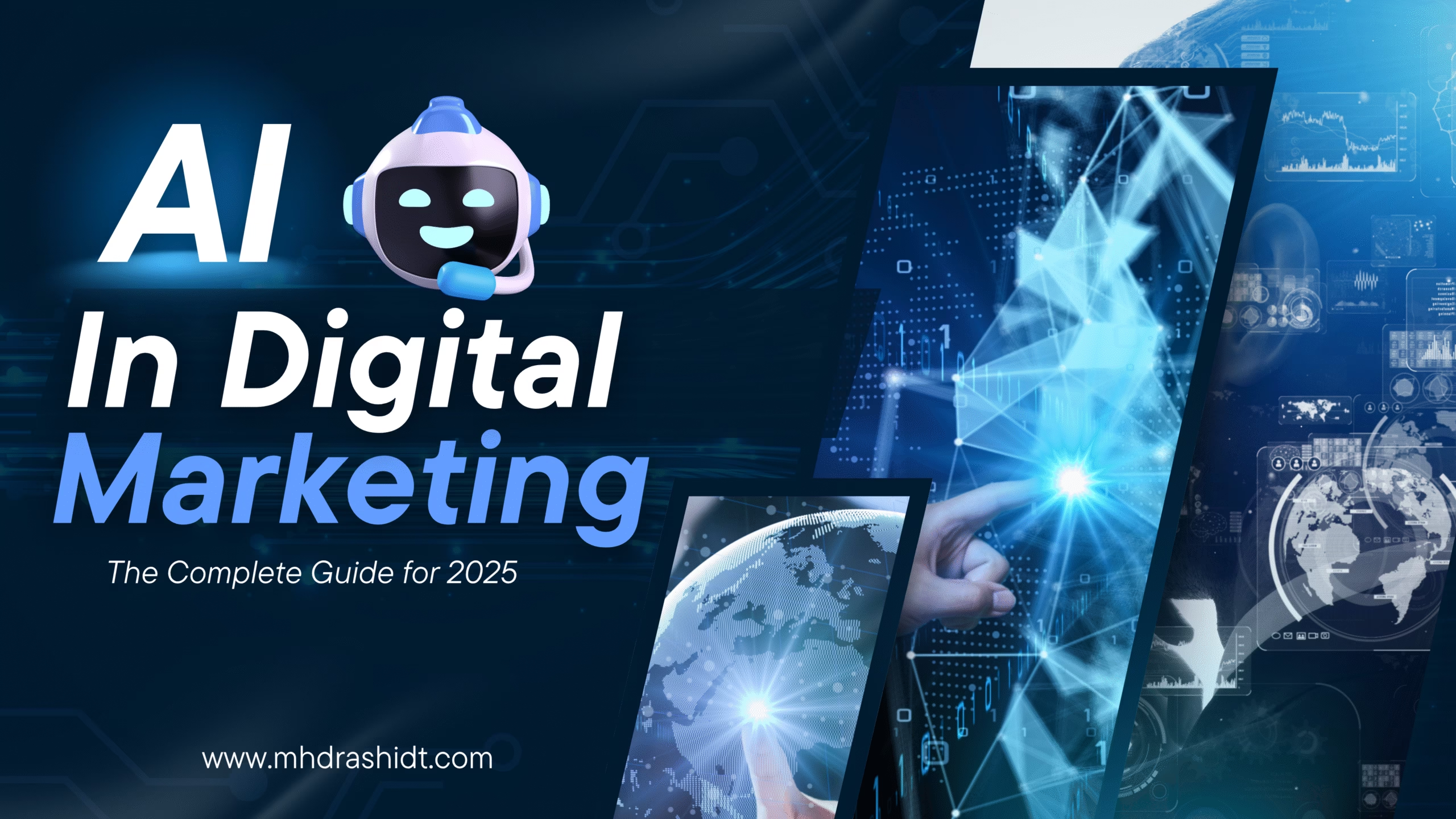
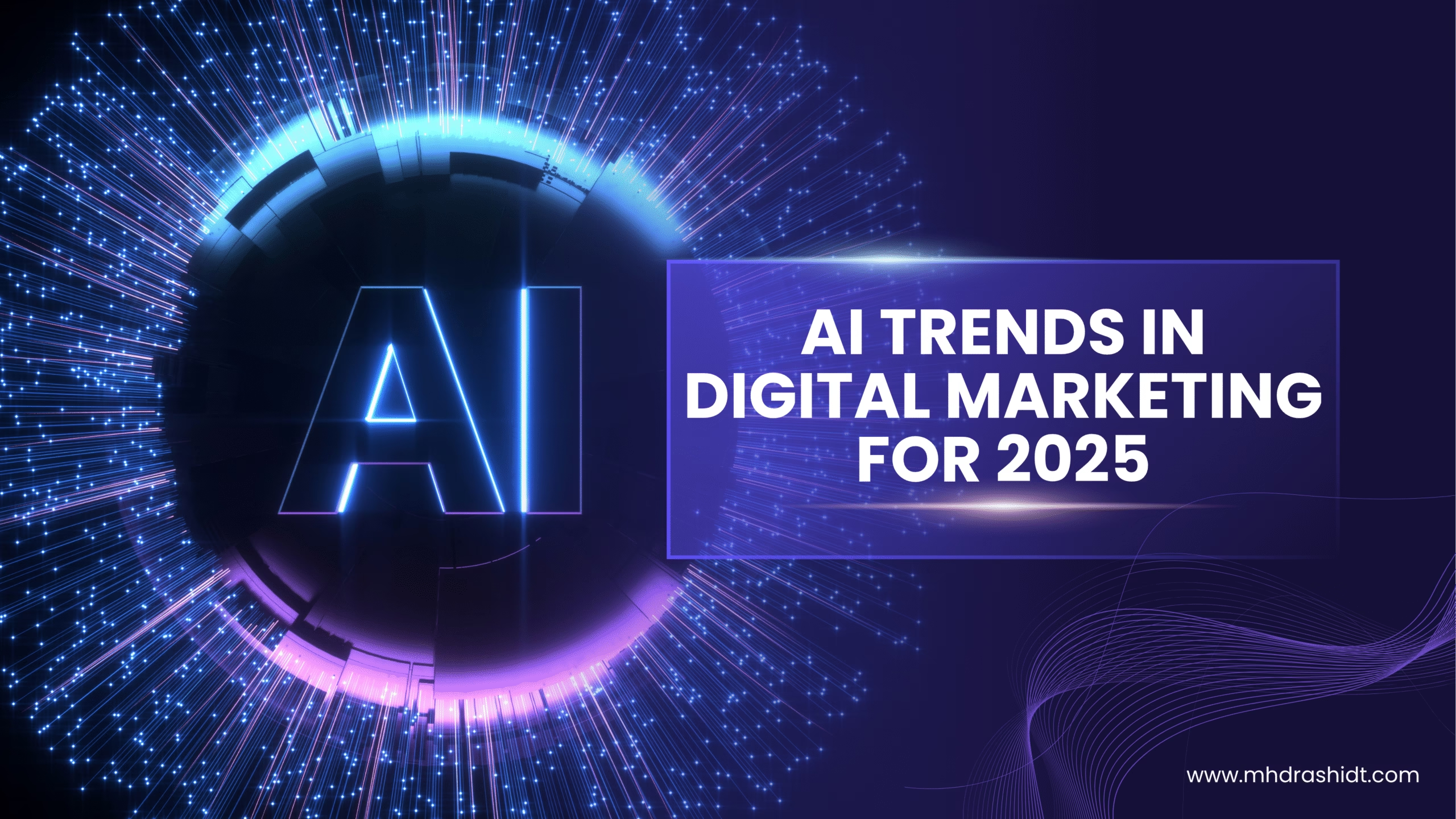
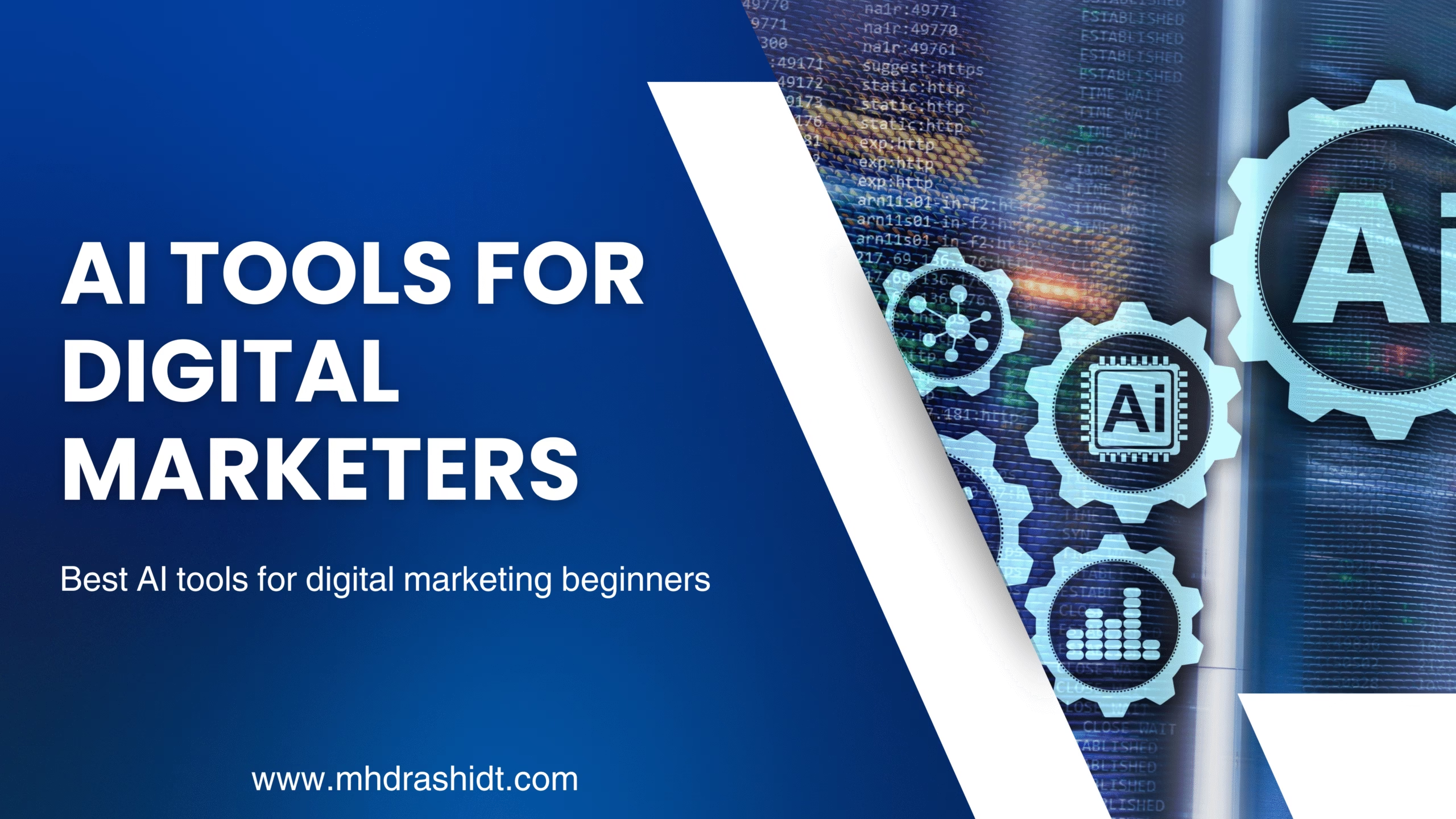
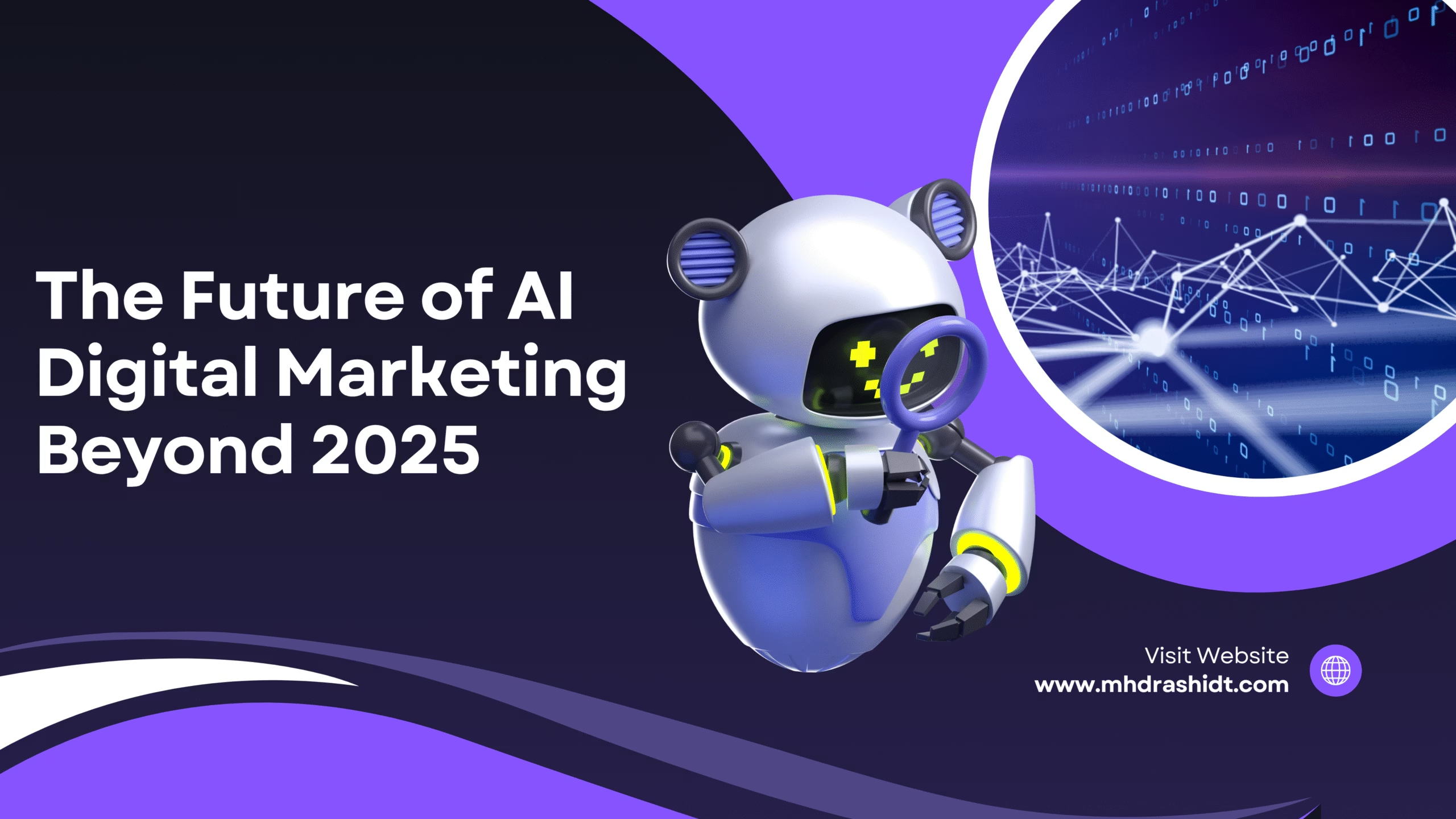
Your article helped me a lot, is there any more related content? Thanks!
Your point of view caught my eye and was very interesting. Thanks. I have a question for you.